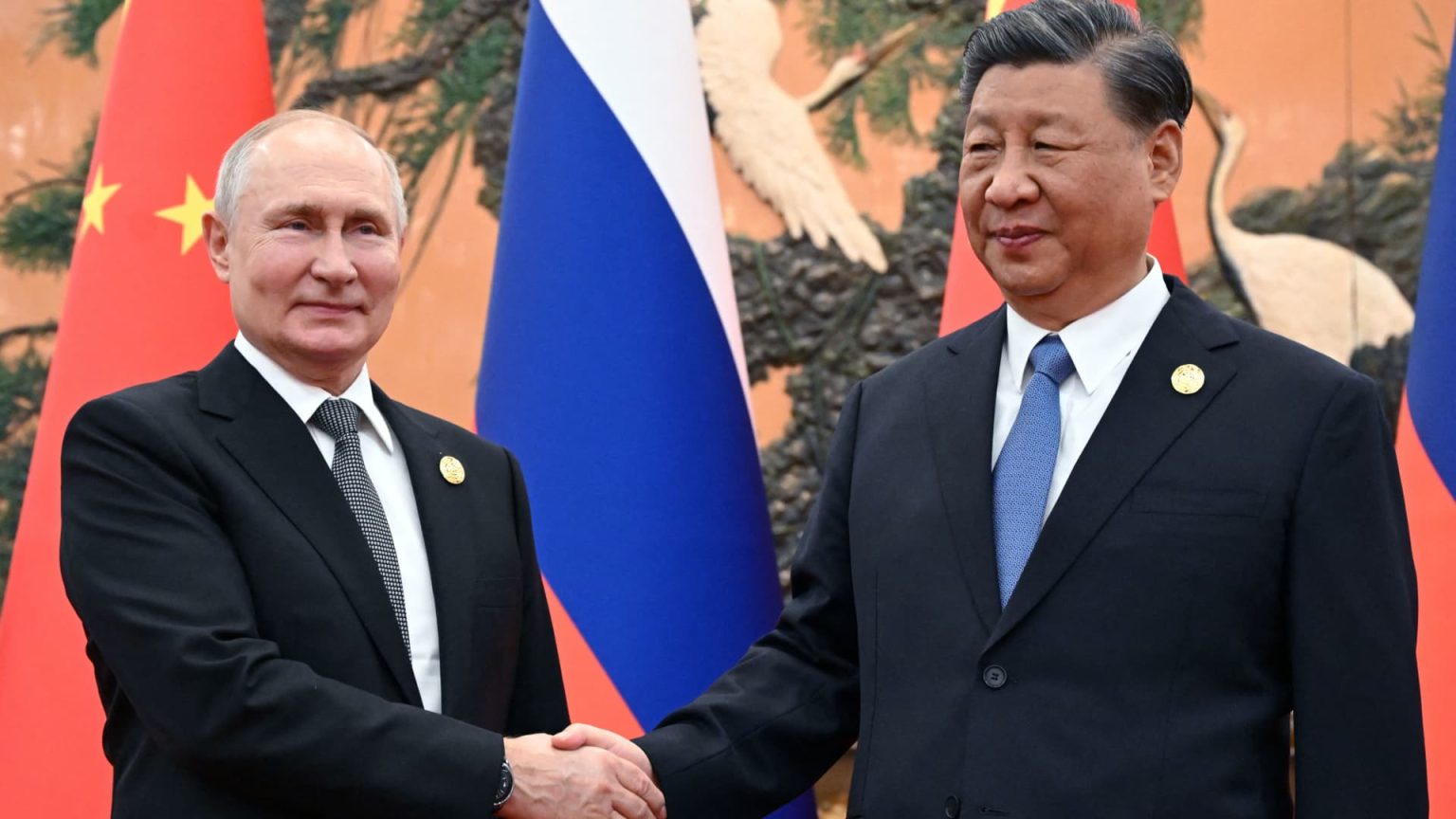Russian President Vladimir Putin’s recent visit to China to meet with Chinese leader Xi Jinping highlights the deepening strategic ties between the two countries. This visit, Putin’s first overseas trip since beginning his fifth term in office, comes as the Kremlin increasingly relies on China for trade and political support in an effort to strengthen their partnership on various fronts. Putin is seeking a deal for the Power of Siberia 2 natural gas pipeline, further Chinese support for the war in Ukraine, access to Chinese financial markets, and the use of the Chinese currency to enhance Russia’s trade. However, progress on these fronts has been limited, prompting Putin to visit China to explore what he can achieve.
In an interview before the visit, Putin praised the rapid development of Russia-China economic and trade relations, highlighting their ability to respond to external challenges and crises. He also expressed support for China’s peace proposal on the Ukraine war and emphasized Russia’s willingness to engage in dialogue to resolve the conflict. Despite this, Putin remains committed to his objectives in Ukraine and is focused on leveraging his advantages both on the battlefield and diplomatically with China. The pressure on China from the United States, including the announcement of new tariff rates on Chinese imports, is pushing Beijing closer to Moscow as they face limited options amid escalating tensions.
The Biden administration’s imposition of stiff new tariff rates on Chinese imports is part of efforts to protect American industries from unfair competition, further straining relations between the U.S. and China. This move, along with other signals of containment efforts from the U.S. and its allies, is leading China to consider closer ties with Russia as a strategic response. With the prospect of continued pressure from the United States, China may increasingly align itself with Russia, viewing Moscow as a key partner in navigating the evolving global geopolitical landscape. The dynamics of this evolving relationship between Russia and China reflect the shifting alliances and power dynamics in the international arena.
The meeting between Putin and Xi Jinping underscores the importance of their partnership in addressing shared challenges and pursuing common interests. Both leaders have expressed a commitment to deepening cooperation in various areas, including economic, political, and security realms. The evolving relationship between Russia and China is characterized by mutual benefits and a strategic alignment that serves the interests of both countries. As they navigate complex geopolitical realities and contend with external pressures, the unity and collaboration between Russia and China offer a counterbalance to the influence of other global powers.
Overall, Putin’s visit to China highlights the growing importance of the relationship between Russia and China, as both countries seek to enhance their strategic partnership and address key geopolitical challenges. The dynamics of their alliance, including economic cooperation, political support, and joint efforts on international issues, reflect a shared commitment to furthering their interests and securing their positions in the global arena. As they navigate a shifting geopolitical landscape and face increased pressure from external actors, Russia and China continue to deepen their cooperation and explore new opportunities for collaboration.


